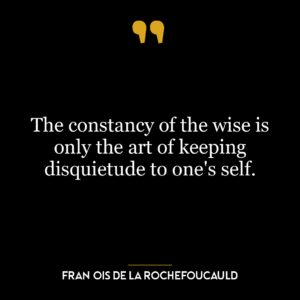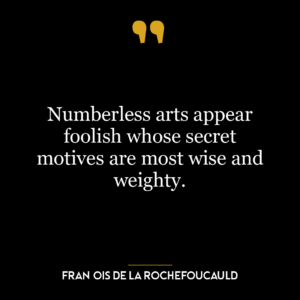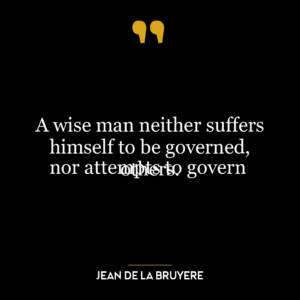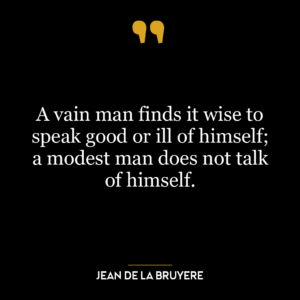This quote suggests that when most people are engaged in a conversation, they are not truly focused on understanding the other person’s perspective. Instead, they are more concerned about formulating their own response. This could be due to a variety of reasons such as wanting to express their own ideas, wanting to appear smart, or feeling defensive.
The quote implies that effective communication is not just about speaking, but more importantly, about listening. Listening with the intent to understand means to fully focus on the speaker, to empathize with them, to see the situation from their perspective, and to validate their feelings and thoughts. This type of listening is often referred to as active or empathetic listening and it involves not just hearing the words, but also understanding the emotions and intentions behind them.
On the other hand, listening with the intent to reply is more passive. It is about waiting for your turn to speak rather than trying to understand what the other person is saying. This type of listening can lead to misunderstandings, conflicts, and a lack of genuine connection between people.
In today’s fast-paced world, where multitasking and quick responses are often valued, this quote is a powerful reminder to slow down and truly listen to each other. In the context of personal development, practicing active listening can lead to better relationships, improved problem-solving skills, and a deeper understanding of others and oneself.
For example, in a work setting, managers can use active listening to better understand their team’s concerns and ideas, leading to a more inclusive and productive work environment. In personal relationships, active listening can help to build trust, prevent misunderstandings, and deepen connections.
Overall, this quote encourages us to shift our focus from just replying to truly understanding, fostering better communication, empathy, and connection in our interactions with others.







